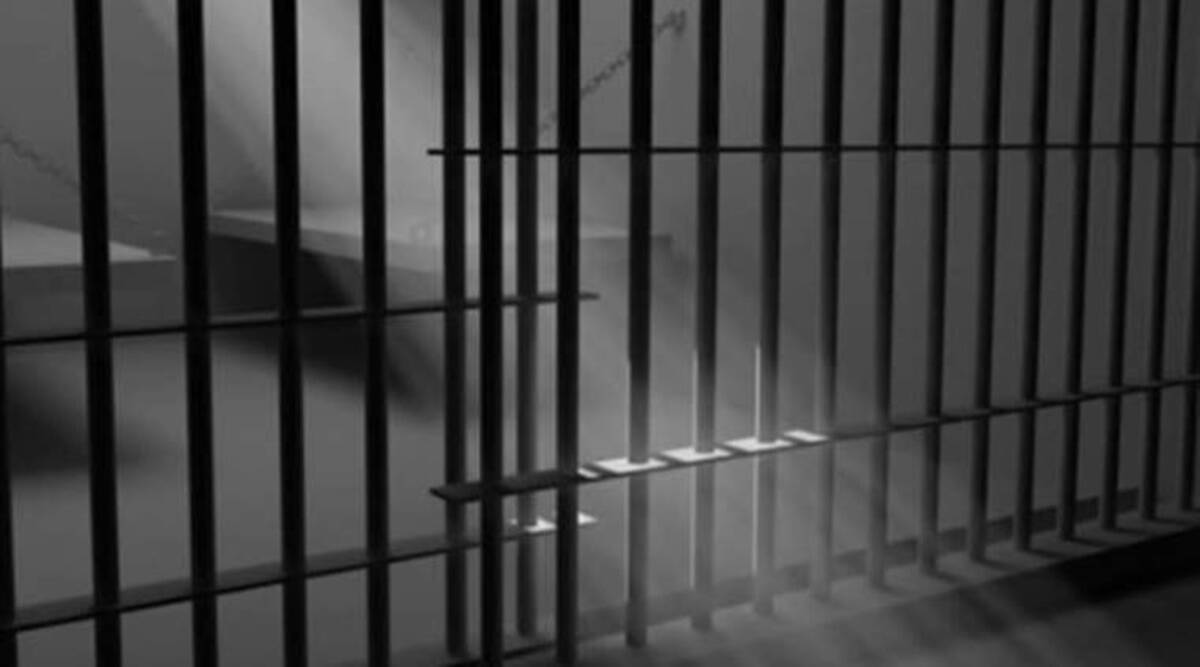The bill was passed to pave way for a law to improve jails and introduce correctional programmes, including self-employment measures for prisoners.
The Karnataka legislative assembly Friday passed a bill to create a prison development board in the state to improve the jails in the state and introduce correctional programmes, including self-employment measures, for prisoners.
The bill introduced by home minister Araga Jnanendra was passed amid criticism by a few members from the Opposition — Congress and JDS — that the proposed law is utopian and far from the harsh realities of prisons and prisoners in the state.
The bill says it is necessary for “the constitution of the Karnataka Prison Development Board for strengthening of prisons and correctional administration particularly correctional intervention, skill improvement, welfare of prisoners and prison staff and expanding prison industries”.
Jnanendra said the constitution of the external board for the prison would enable the study of the living conditions of prisoners, correctional measures to allow prisoners to integrate into society after jail terms and provide job-oriented training at prisons.
He added prisons in Karnataka have a lot of unutilised land and the prison development board would enable better utilisation.
Congress leader Ramesh Kumar pointed out during discussions on the bill that prisons were centres of corruption because prison staff tend to be paid poorly and they resort to treating prisoners more as clients who will pay them for providing various services. “There are many things that need attention when it comes to prisons but this bill does not address them,” he said.
Congress MLA U T Khader said prisons have become dens where young persons tend to become bigger criminals.
Two other bills introduced by the home minister – one to enable audio-video recordings of witnesses in trials in sessions courts and a second to allow usage of blood samples, DNA samples, voice samples and iris scan samples as identifications for prisoners apart from photos, fingerprints and footprints that are collected when a person is sent to prison – were also passed in the assembly.
Source: Read Full Article


